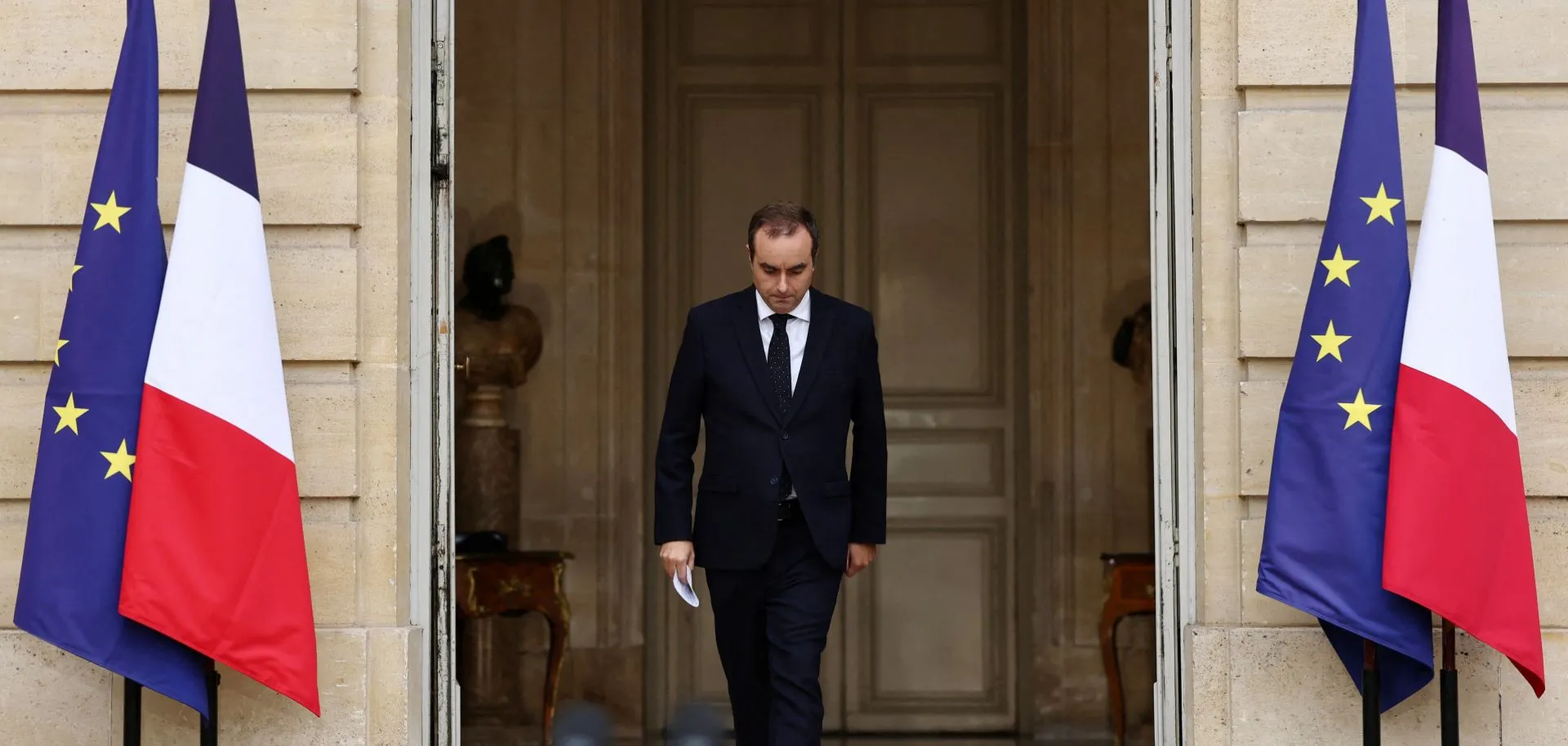France’s Budget Crisis: Will a Snap Election Be Avoided?
By Today International News
Published: October 9, 2025
France Faces a Contentious Budget Debate
France is grappling with a political and fiscal crisis as lawmakers debate the national budget for the coming year. The budget has become a flashpoint for disputes over public spending, social welfare programs, and taxation, creating uncertainty in both domestic politics and financial markets.
The current government, led by President Emmanuel Macron and his centrist coalition, has proposed measures to control public debt, manage inflation, and invest in infrastructure and energy transition projects. However, these proposals have faced resistance from opposition parties, including left-wing groups demanding higher social spending and right-wing factions criticizing higher taxes.
Why the Budget is Contentious
Several factors make this budget particularly divisive:
-
Rising public debt has prompted calls for fiscal restraint, but citizens are concerned about cuts to social programs.
-
Inflationary pressures have increased the cost of living, intensifying debates over wage increases and subsidies.
-
Investment priorities in green energy, healthcare, and education have sparked disagreement over whether spending should focus on growth or austerity.
This combination of economic stress and political polarization has made consensus difficult, raising fears of a government deadlock.
Positions of Political Parties
-
Centrist government (La République En Marche!): Advocates for moderate spending, targeted investments, and measures to reduce deficits. The party argues that fiscal responsibility is necessary to maintain France’s credit rating and economic stability.
-
Left-wing parties: Push for increased social spending, subsidies for low-income households, and expanded public services. They criticize austerity measures as unfair to ordinary citizens.
-
Right-wing parties: Oppose tax hikes and excessive public spending, calling for stricter budget discipline and efficiency in government programs. Some also advocate for pension reforms.
These stark differences have created stalemates in parliamentary negotiations, raising the possibility of political instability if no agreement is reached.
Could a Snap Election Be Called?
The possibility of a snap election is a key concern. French law allows the President to dissolve the National Assembly under certain circumstances, but doing so carries political risks. Calling an early election could:
-
Backfire politically if voters reject the government’s handling of the budget crisis.
-
Lead to further fragmentation in parliament, complicating governance.
-
Provide opposition parties an opportunity to gain influence and reshape policy priorities.
Government officials have emphasized their commitment to negotiation and compromise. However, if disagreements persist, a snap election cannot be ruled out entirely. Political analysts suggest that coalition-building and strategic concessions may ultimately determine whether the crisis escalates.
Implications for France and Europe
The budget impasse has implications beyond France’s borders. Investors, EU officials, and international markets are closely watching developments, as France is a key member of the European Union and one of its largest economies. A failure to pass the budget or political instability could:
-
Impact financial markets and borrowing costs.
-
Influence EU fiscal policy discussions and coordination.
-
Affect France’s ability to fund domestic programs and infrastructure projects critical to European economic growth.
Conclusion: Navigating Uncertainty
France’s budget crisis highlights the delicate balance between fiscal responsibility, political compromise, and social demands. While a snap election remains a possibility, the government is currently exploring dialogue and negotiations to avoid political upheaval.
How lawmakers navigate this contentious debate will determine France’s economic trajectory, political stability, and influence within the European Union in the months ahead. Citizens, investors, and international partners are watching closely, as the outcome may set important precedents for future governance and fiscal policy.

